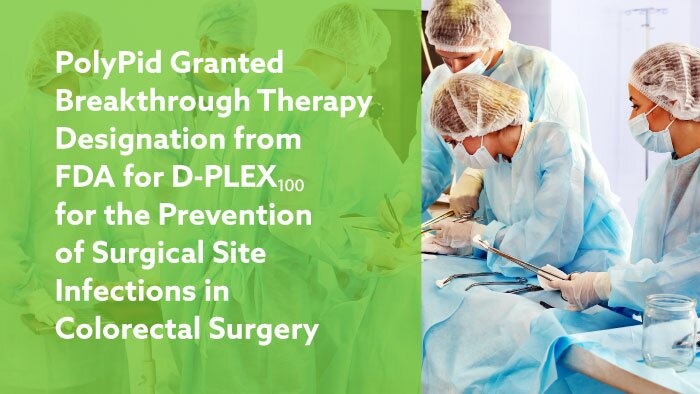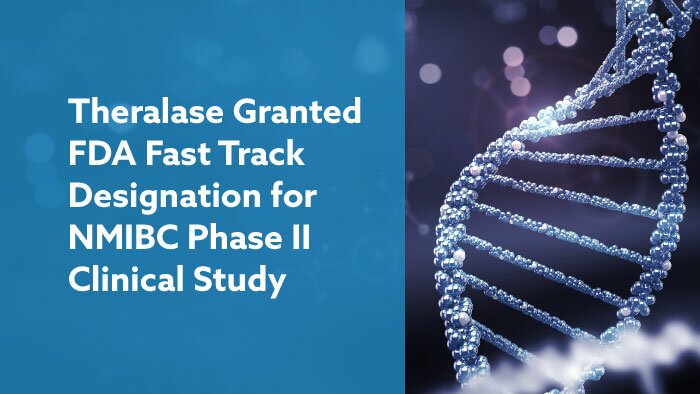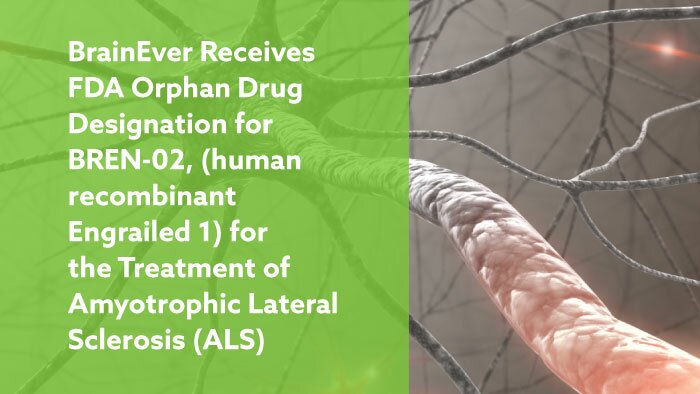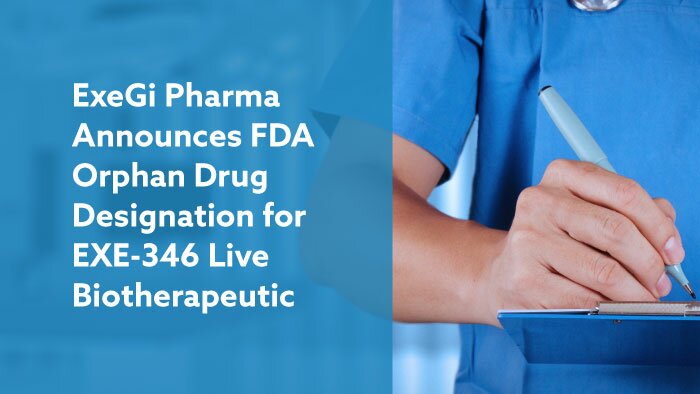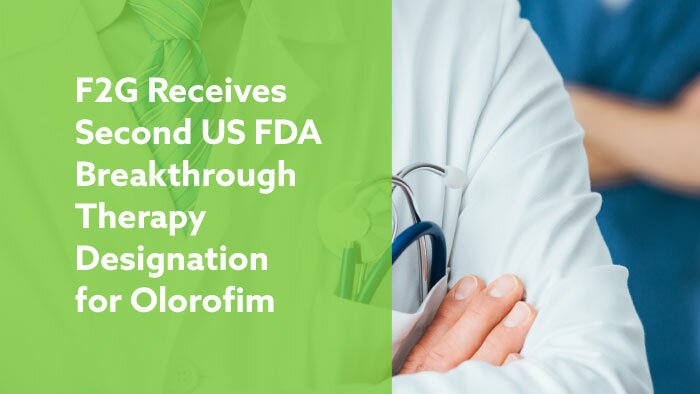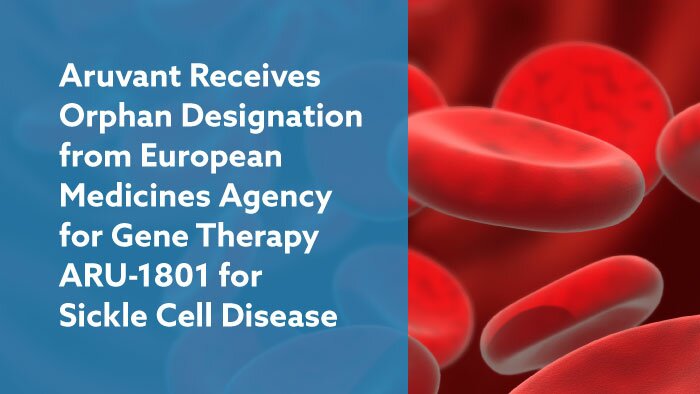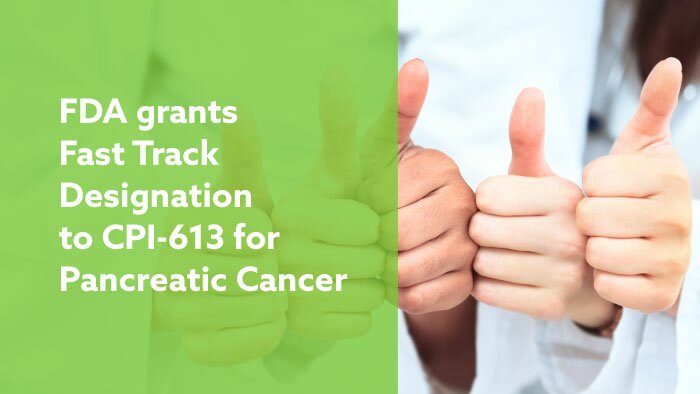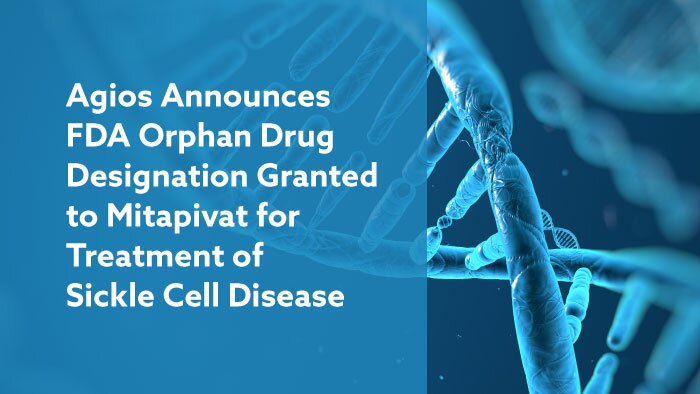PolyPid Ltd. (Nasdaq: PYPD), a Phase 3 clinical-stage biopharmaceutical company focused on developing targeted, locally administered and prolonged-release therapeutics using its proprietary PLEX technology, today announced that D-PLEX100 has received Breakthrough Therapy Designation from the U.S. Food and Drug Administration (FDA) for the prevention of surgical site infections (SSIs) in patients undergoing elective colorectal surgery.
Breakthrough Therapy Designation is an FDA process designed to expedite the development and review of drugs that are intended to treat a serious or life-threatening condition so patients may have access to therapies through FDA approval as soon as possible. This designation is granted based on preliminary clinical evidence indicating that the drug may demonstrate substantial improvement over existing therapies on one or more clinically significant endpoints.
“The Breakthrough Therapy Designation in the field of anti-infective drugs is rather rare, and further supports the urgency to develop new innovative therapies to prevent SSIs,” said Amir Weisberg, PolyPid’s CEO. “It also reflects on the promising clinical data of D-PLEX100 in the prevention of SSIs in complex surgical settings, such as colorectal abdominal surgeries. We are looking forward to working closely with the FDA to make D-PLEX100 available to surgeons and patients as quickly as possible. Our ongoing Phase 3 pivotal studies in abdominal surgery – SHIELD I and SHIELD II – are on track.”
The Breakthrough Therapy Designation for D-PLEX100 is based on conclusive positive results from a Phase 2 clinical trial evaluating D-PLEX100 for the prevention of surgical site infections (SSIs) in abdominal colorectal surgery. The Phase 2 clinical trial was a prospective, multicenter, randomized, controlled two arm study in 201 patients and demonstrated that the local administration of D-PLEX100 resulted in a statistically significant decrease in SSIs of 59 percent in the Intent to Treat (ITT) population (p=0.0086), and a decrease of 69 percent in the Per Protocol population (n=179; p=0.0024), as compared to the standard of care alone.
D-PLEX100 previously received two Fast Track Designations from the FDA for the prevention of post-abdominal surgery incisional infections and for the prevention of sternal wound infections post-cardiac surgery, as well as two Qualified Infectious Disease Product designations (QIDP’s) in the same indications.
To Read the Complete Article at GlobeNewswire, Click Here
Disclaimer: BioPharma Global is not responsible for, and expressly disclaims all liability for, damages of any kind arising out of use, reference to, or reliance on any information contained within the article. Content available through the site may contain links and information to other websites. Links from BioPharma Global to third-party sites do not constitute an endorsement by BioPharma Global of the mentioned parties.
BioPharma Global is a mission-driven corporation, operating like a not-for-profit, dedicated to using our FDA and EMA regulatory expertise and knowledge of various therapeutic areas to help drug developers advance treatments for the disease communities with a high unmet medical need. If you are a drug developer seeking regulatory support for Orphan Drug designation, Fast Track designation, Breakthrough Therapy designation, other FDA/EMA expedited programs, type A, B (pre-IND, EOPs), or C meeting assistance, or IND filings, the BioPharma Global team can help. Contact us today to arrange a 30-minute introductory call.
Stock image by @poznyakov from Depositphotos

